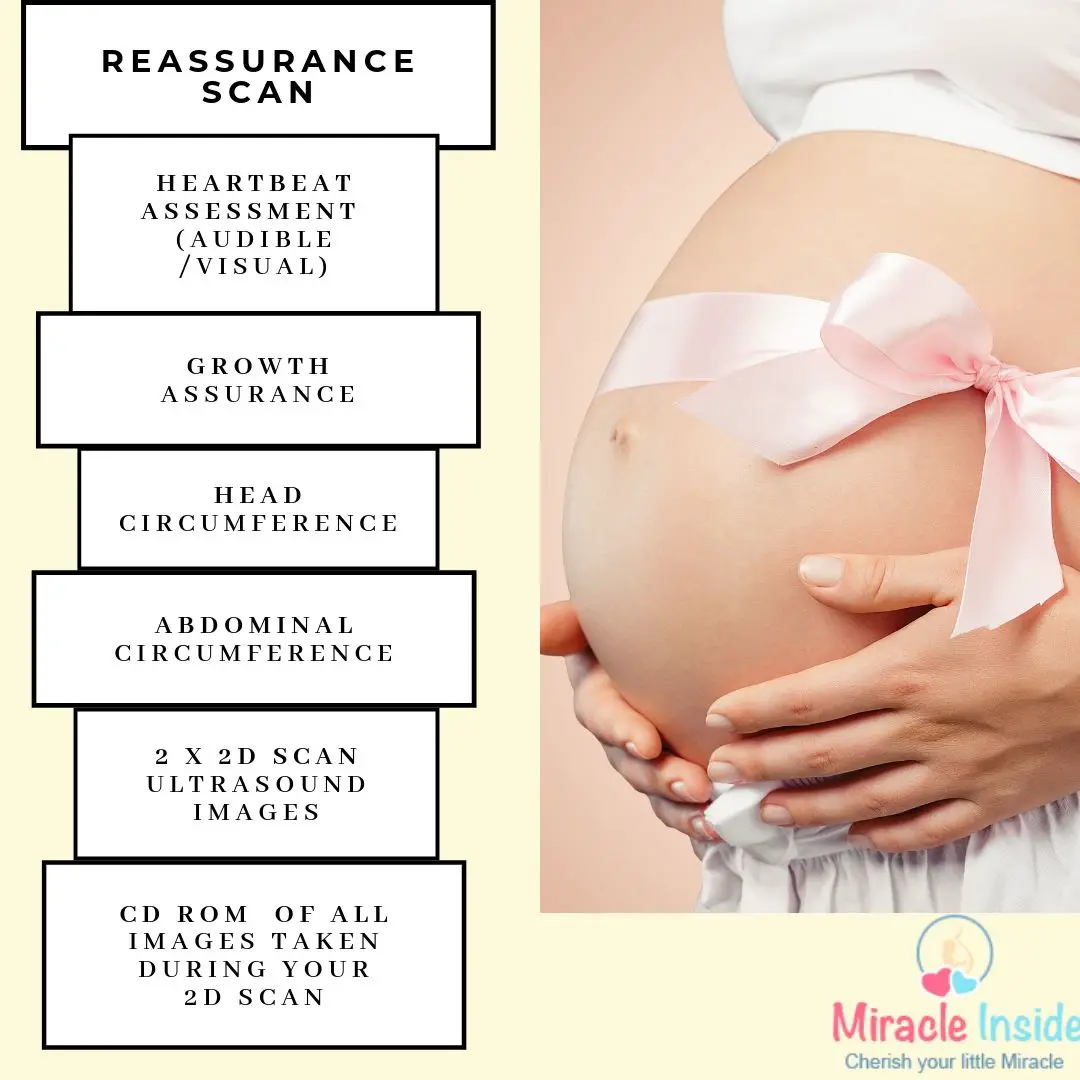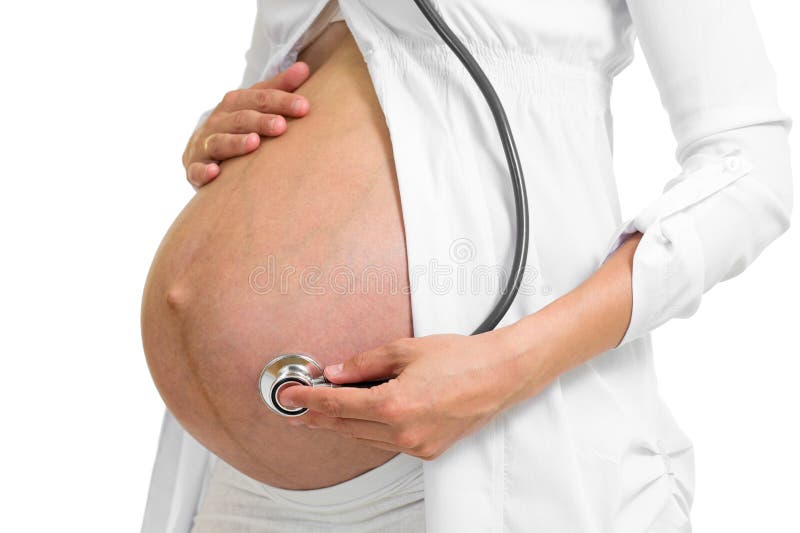
Depending on the medical problem, you might also need to see some specialists. When you're pregnant, the amount of blood circulating around your body dramatically increases. While this might feel like your baby's heartbeat, it's actually just the pulse in your abdominal aorta. You may feel sharp pains or just a mild pulling sensation. This means you’re likely to need to see your health professionals more often and have more checks during pregnancy. Some women report feeling a pulse in their stomach when they're pregnant. Your growing uterus is pulling and straining the muscles that support it. If you or your baby has a medical problem – for example, diabetes or high blood pressure – you’re considered to have a high-risk pregnancy. If you have any concerns, talk with your doctor, midwife or immunisation provider. It’s also recommended that you get a COVID-19 vaccination if you’re pregnant. Your GP or midwife can organise it for you.
#Feel heartbeat in stomach pregnant free#
In Australia, this vaccination is free for all pregnant women in their third trimester. When you touch your belly, the area feels. To help protect your baby against whooping cough, it’s recommended that you have a whooping cough vaccination between 20 and 32 weeks of pregnancy. Feel around the belly and find the babys back: The babys back is the ideal position to listen to the heartbeat. Whooping cough is a very contagious and dangerous illness for babies.

This means you won't feel movement much higher than your belly button until after 20 weeks of pregnancy. Jhaveri says there are five common early signs that you’re pregnant: Missing your period or not having a period. Learn about other warning signs from the CDC.

It causes uncomfortable symptoms like bloating, diarrhea, and constipation. If you feel like something is wrong, call your doctor or seek medical care right away. Diverticulitis is a condition that affects the digestive tract. When you're 20 weeks pregnant, the top of your uterus (fundus) is at your belly button. Some warning signs of a heart problem during or after pregnancy are a worsening headache, overwhelming tiredness, dizziness, trouble breathing, chest or belly pain, swelling, or nausea. Vaccination against whooping cough and COVID-19 At around 12 weeks in pregnancy, your uterus is low in your abdomen or at your pubic bone. Is it Possible to Feel Your Baby’s Heartbeat in Your Stomach Feeling a baby’s heartbeat in the womb is a magical experience. This detailed ultrasound is one of the routine tests in pregnancy. You might have an ultrasound scan this week to check that your baby is growing healthily and to check the position of your placenta. Many women find this helps ease the feeling of aching hips. When you’re lying down at night, you might need to put a pillow on one or both sides, or even between your legs. You might feel a bit breathless at times, especially when you’re lying flat on your back. Your uterus is taking up a lot more room, and some of your other organs – for example, your heart and lungs – now have less space. Pelvic discomfort that is accompanied with other symptoms like vaginal bleeding (which can lead to low blood pressure) requires immediate medical attention to prevent complications.This is the halfway point of the average pregnancy. The way a person experiences a diaphragm spasm can vary widely, but they may experience: chest pain or tightness. Although these stretchy feelings in the pelvic area are completely normal in a pregnancy, do consult your doctor immediately if it turns severe with prolonged pain. In women abdominal pain can result from an ectopic pregnancy, an ovarian cyst, pelvic. If you are feeling some discomfort over this, you can relief it by doing some pelvic exercises like relaxing with your hips elevated, taking a warm bath, or getting a belly sling to support the weight of your growing belly. It could also be appendicitis, a kidney stone or peptic ulcer disease. Sometimes, this may also cause air, slight pain or numb feeling.

In addition, the ligaments supporting your uterus will stretch and shift to provide room for your growing baby, and some pregnant women will feel the pelvic having some stretchy feeling or twinges too. When your baby grows throughout your pregnancy, the expanded uterus will be pushed down on your pelvis as your baby moves deeper down in anticipation of birth.

I hadnt gained any weight up until probably 2 weeks ago, then I feel like all the sudden I got bigger lovehandles, my stomach got bigger, etc. As a pregnancy progresses, your expanding uterus is putting pressure on your pelvis. The last week-week and a half I have been feeling these very strong kick like movements in my stomach and as I sit here now, I feel weird feelings in my stomach.


 0 kommentar(er)
0 kommentar(er)
